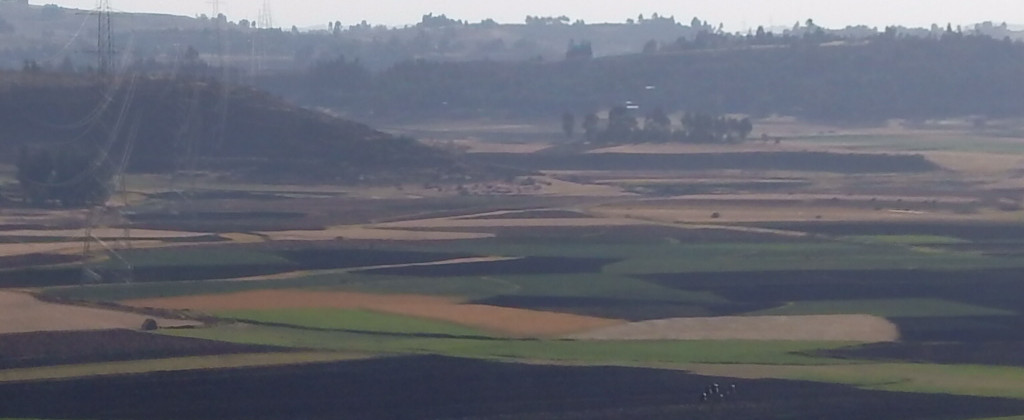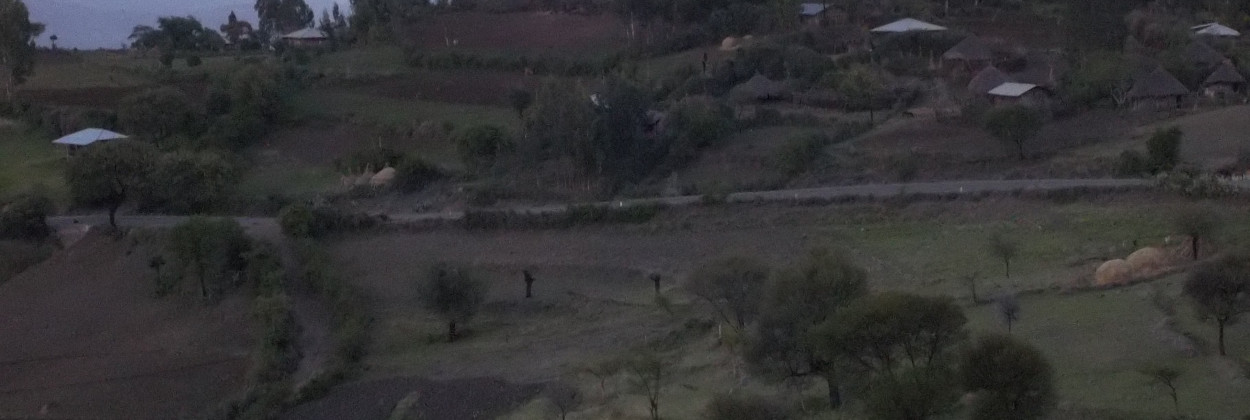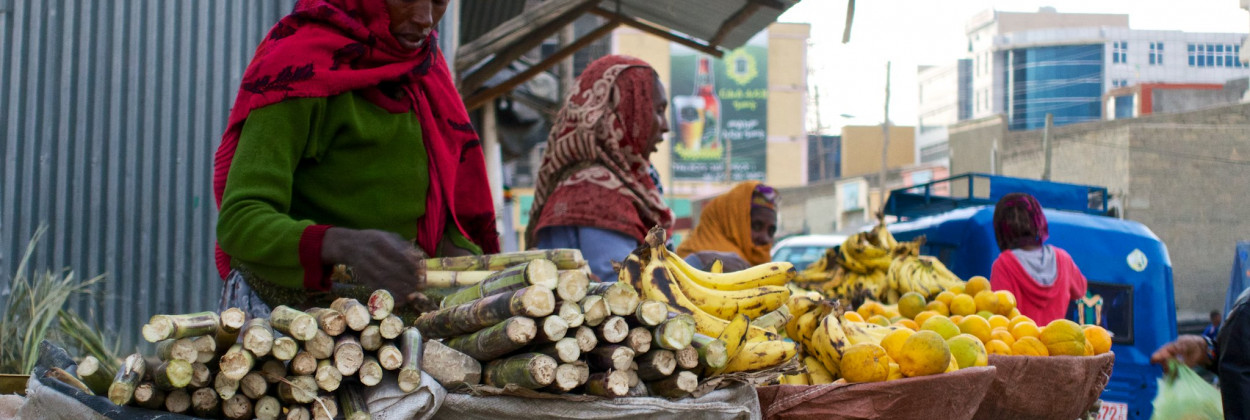Laelay Machew/ Axum Food Hub in Mekelle, Ethiopia, will work on composite flours (teff, moringa) and oil (moringa). The main agricultural activity will be precision harvesting, and processing will consist firstly of smart storage and milling, and second, packaging and labelling.
The activity of precision harvesting will develop, implement, and test smart monitoring and control systems aimed at optimizing and standardizing timing and procedure of harvesting of crops and fruits in order to minimize losses at harvest and preserve the quality of the products. The system will comprise and harmonize the following: remote sensing tools (e.g., drones and weather station, such as AWS, with agro-meteorological sensors), telecommunication at local level (ICTs including IoT), monitoring centre (with data analysis and evaluation technologies), and mobile apps for end users.
For processing, smart storage systems will be developed and tested addressing both the post-harvest and post-processing phases and meeting the needs of individuals and small cooperatives (low-tech solutions); communities, and/or companies that may also require either long – or short – term storage, back-up contingencies, and overflow capacity by effectively optimizing storage parameters. Storage structures will be safe and easy to build locally and for the logistics chain from the producer to the final consumer. In addition, this task will assess the maturity parameters of agricultural products and the resulting storability indices (e.g. colour, firmness, water activity, pH, NIR spectra, sugar, acid and secondary metabolite content). This will prevent possible degradation and reduce food losses and waste.
In the case of milling processes, the aim is twofold. Firstly, these are implemented and tested to produce composite flours that combine food raw materials. For instance, introducing legumes into the complementary diet has the potential to improve childhood growth. Secondly, the work aims to optimize the particle size distribution so as to add value to the final blended flours. These will be formulated together with the SME partners taking care of nutritional and functional aspects to obtain healthy novel food products especially for children.
Bio-based packages that are able to preserve the functional and nutritional properties of the food products, reduce their contamination during storage (and transportation), and increase their marketability and attractiveness will be developed and tested. The availability of environmentally friendly, affordable, and optimal packaging materials, and technologies will be assessed, pre-selected, and tested on a small scale for at least 4 relevant, specific food products. This is done so as to obtain high level quality maintenance during storage at different environmental conditions.
The aim of labelling is to develop food control and traceability systems ensuring novel products quality, safety, authenticity, and identity as well as providing them with the protection and promotion labelling-based patterns. The activity will follow the selected products from their origin and in each phase of their entire process, and implement appropiate standard techniques and procedures of control also for the purpose to obtain – where pertinent – the organic production certification. The control systems and models of full chain traceability will conform to local regulations and the EU labelling schemes for the protection/valorisation of food identity and quality.


